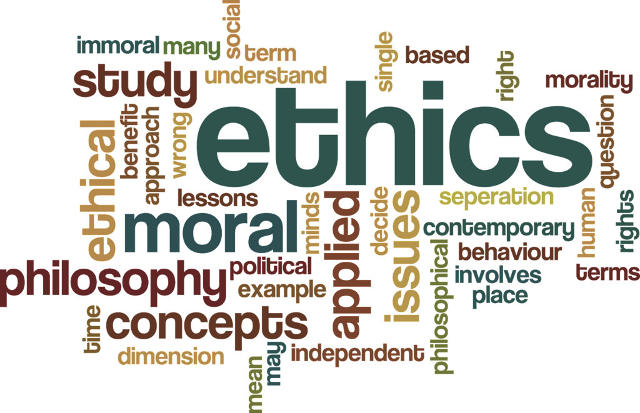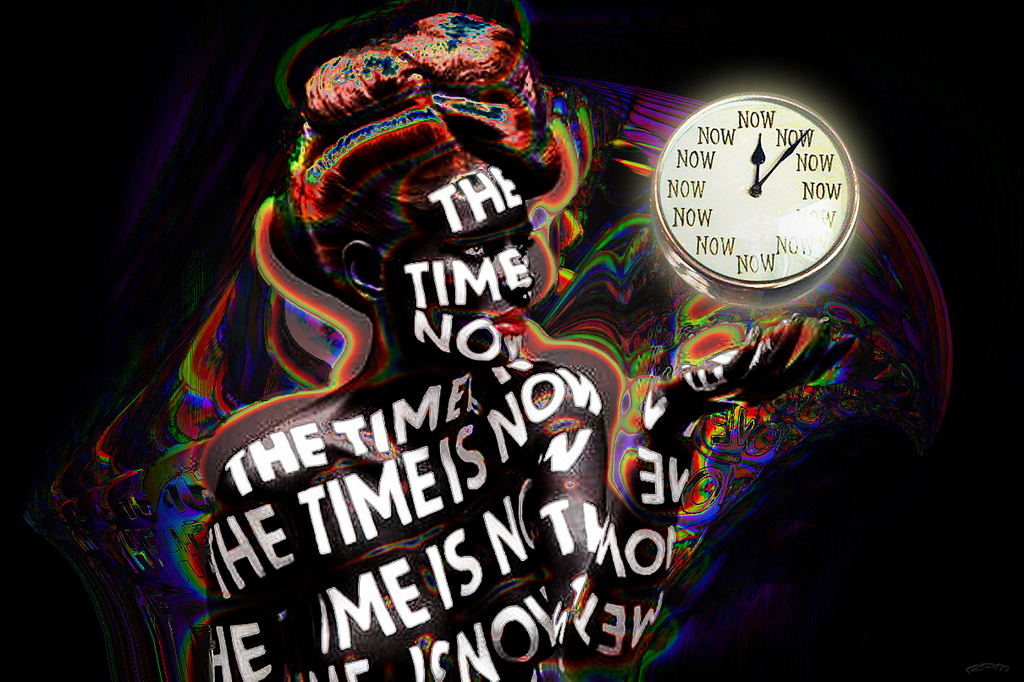Strategies for Increasing Message Retention
I know that it is troublesome that everyone else, “but us,” have such a terrible memory and inability to remember details. However, there is more going on when we dig into this commonplace challenge. Humans develop mental models, cognitive maps, frames, internal scripts, and other processing methods to understand the environment and situational context albeit with frequent misunderstanding and imprecise perceptions (Tversky, 1993). Even with these accuracy challenges, the automatic use of mental shortcuts is a power element of our…



